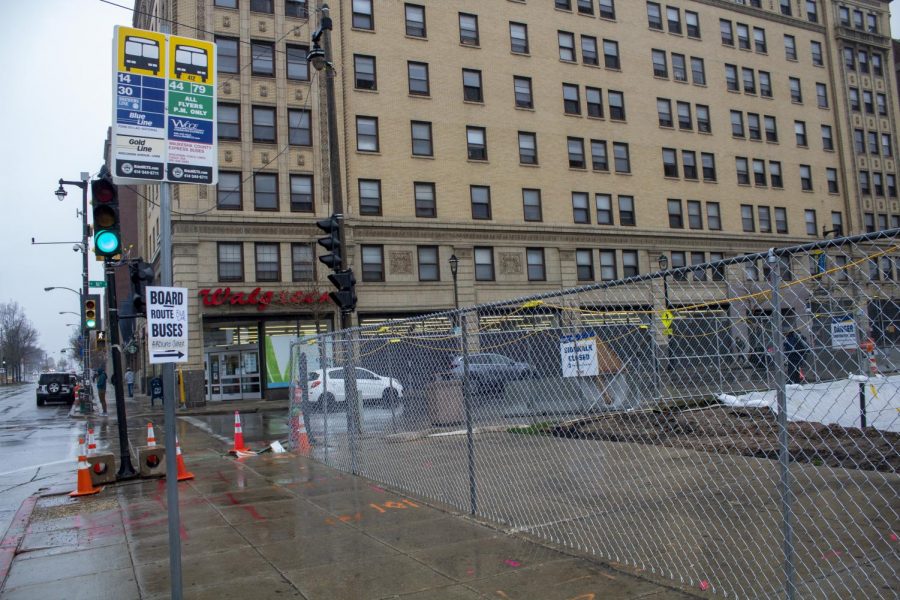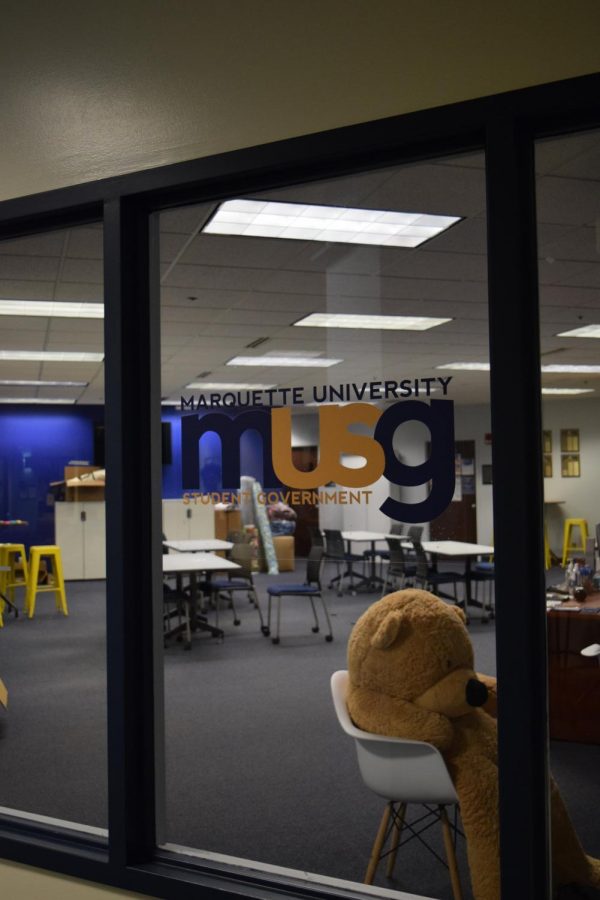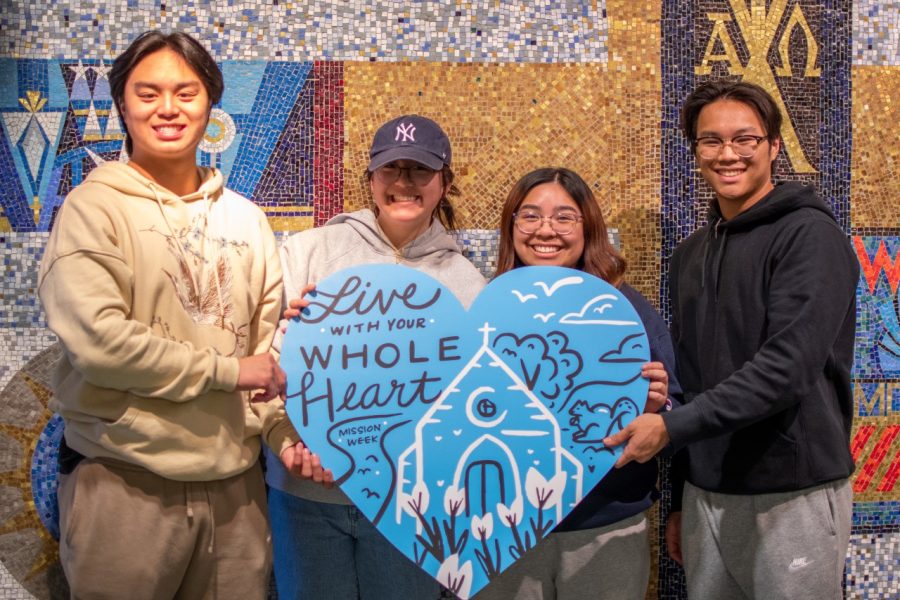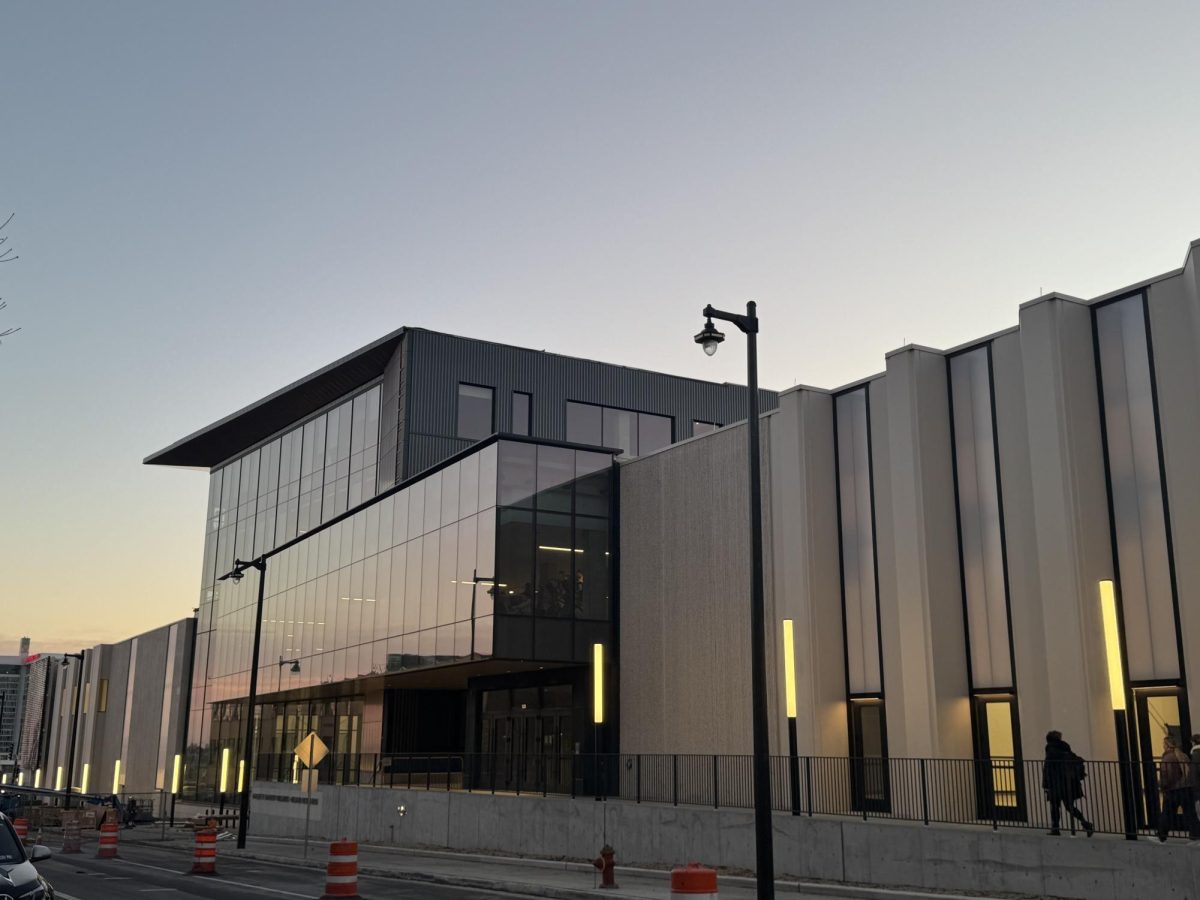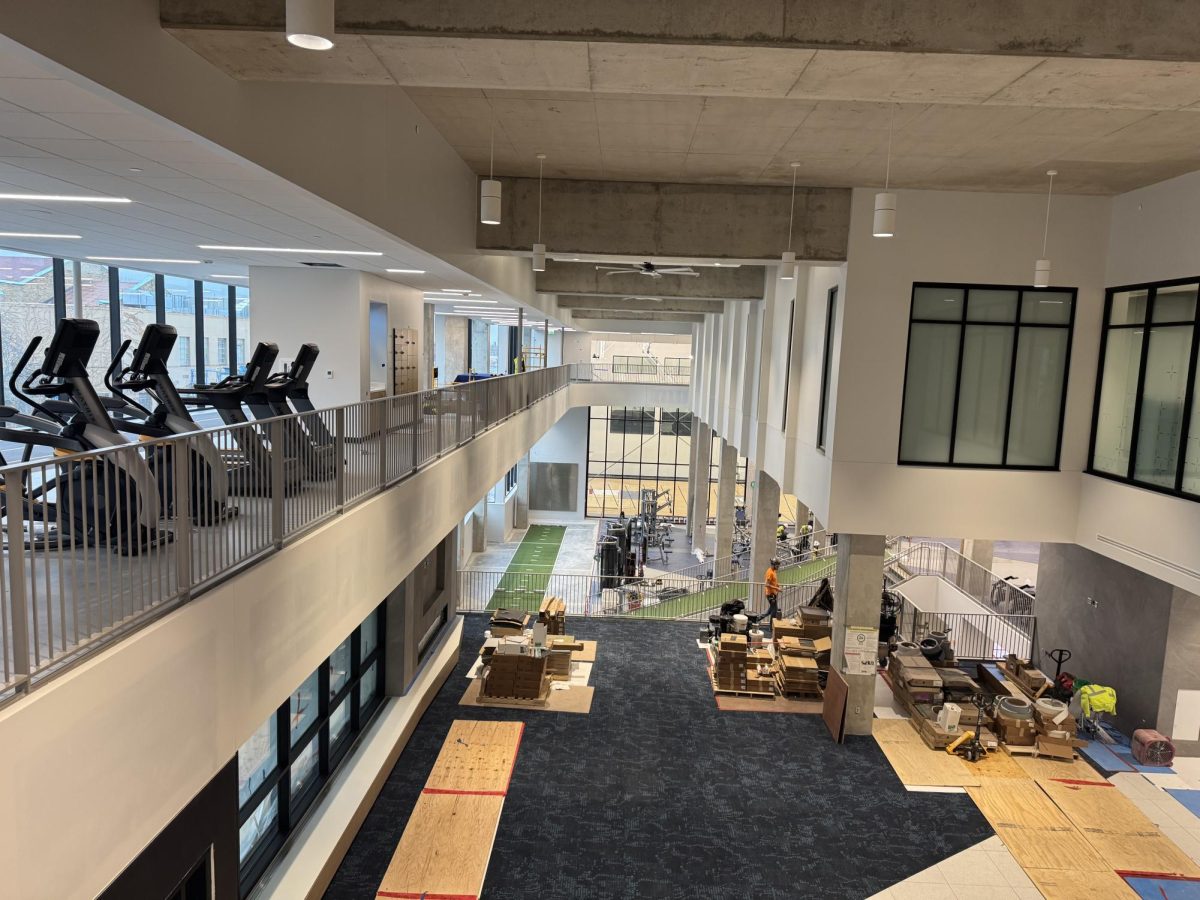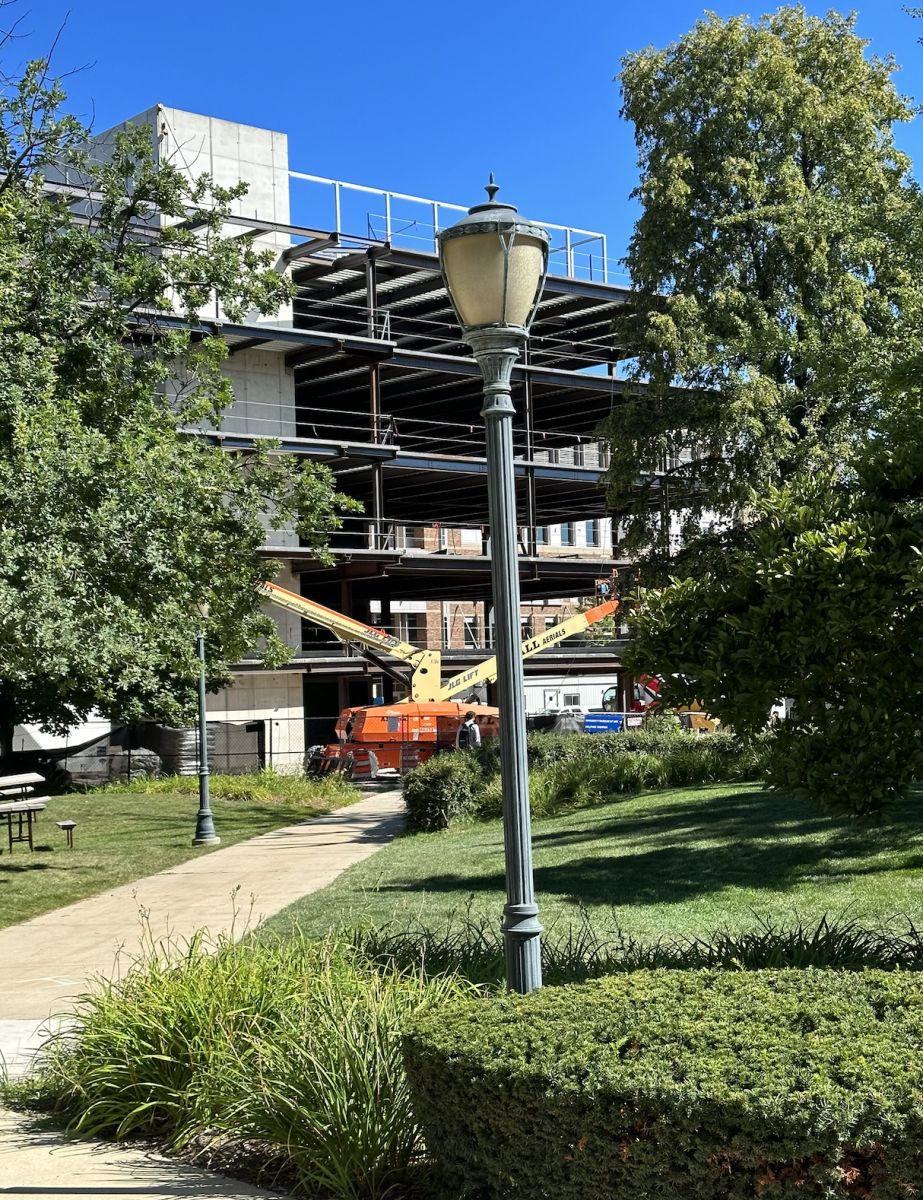Marquette University often prides itself on embodying, as well as instilling, Jesuit values into its students throughout their four years.
From the university’s values, this can occur through guiding students to view and engage with the world with an interdisciplinary perspective, be men and women for others, make a commitment to act for the greater good and work to develop an inclusive and diverse community. Marquette encourages and works to cultivate students to “be the difference.”
Despite promoting and holding these values, it has been difficult to see how the university has recently been fulfilling this commitment to students and the Milwaukee community.
For example, Marquette recently began construction for the new College of Business Administration building on the corner of 16th Street and Wisconsin Avenue next to the Alumni Memorial Union.
Though this may have been seen as a success for the university and future business students, this construction process may create implications for Milwaukee community members.
On the corner of 16th Street and Wisconsin Avenue there used to be a bus stop that had a covered seating area. This bus stop was often frequented by Marquette students and community members.
Unfortunately, this bus stop may possibly have been removed in order to put up fencing for the construction site of the new business building. Now, those waiting for the bus must stand and without coverage from rain, snow or sun.
Although the new business building will benefit future business students, it may also create further division with the Milwaukee community. Taking away a bus stop that is frequently used by community members may give the impression that Marquette doesn’t care about their well-being or presence on campus. Marquette’s decision to eliminate a space for people to rest who need public transportation and take shelter from adverse weather conditions in favor of constructing a new campus building puts the needs of the university above the needs of the community.
Marquette should be creating bridges and connections with the surrounding community, not building up fences.
Similar previous actions to build the The Commons and Athletic and Human Research Center have improved the student experience, but not the surrounding community, as they do not have access to these buildings, as The Commons is a residence hall and the Athletic and Human Research Center is a center for Marquette faculty and partners to collaborate on athletic performance research.
Marquette’s campus is in the middle of Milwaukee neighborhoods, which is unique and among the few universities that have similar campus layouts. Considering the close proximity, the university must be more mindful of how its decisions impact the surrounding community.
Similar to other Jesuit universities, Marquette was built to foster relationships with the community as well as create an environment for students, faculty and staff to engage in Ignatian teachings, such as connecting with those who may be in need and engaging in reflection. One way students do this is through service opportunities.
There are many service organizations on campus, like the Marquette Volunteer Corps and Midnight Run. Service organizations at Marquette help engage students with surrounding communities through working with different sites and organizations that focus on a myriad of issues, such as homelessness, hunger and social justice.
While these organizations provide great opportunities for students, the university should encourage students to engage with the community in other ways, as well. This is especially important considering students’ tendency to get stuck in the “Marquette bubble.”
This Marquette bubble can exist for students who are told that surrounding communities are dangerous. Students may stay on Marquette’s campus due to their fear of the unknown or from things they’ve been told by peers, parents and professors, but this hinders engagement with Milwaukee and can lead students to disregard community members on campus. Perpetuating and continuing to believe these sentiments can have severe implications for how the surrounding community is treated.
Students may intentionally or unintentionally ignore people walking on the street if they smile or try to talk to them. Refusing to see and engage with them creates further division between Marquette and the community.
Students must be better and work to be more mindful. Everyone deserves to be seen and treated with respect, regardless if they’re part of the Marquette community or not. We must stand in solidarity, not look down with superiority.
The university must be better as well. If we are to truly live up to the Jesuit values Marquette was founded upon, the university should foster different outlets for students to get out of the Marquette bubble to learn about and engage with the surrounding community.
While getting rid of one bus stop or smiling at one person on the sidewalk may not seem to have a large impact, one decision can dramatically change someone’s life. That is how we be the difference.
Editorial topics by the Marquette Wire are decided at weekly meetings between members of the executive board. The editorial is crafted with leadership by the executive opinions editor. The executive board consists of the executive director of the Wire, managing editor of the Marquette Tribune, managing editor of the Marquette Journal, general manager of MUTV, general manager of MUR and nine additional top editors across the organization.

